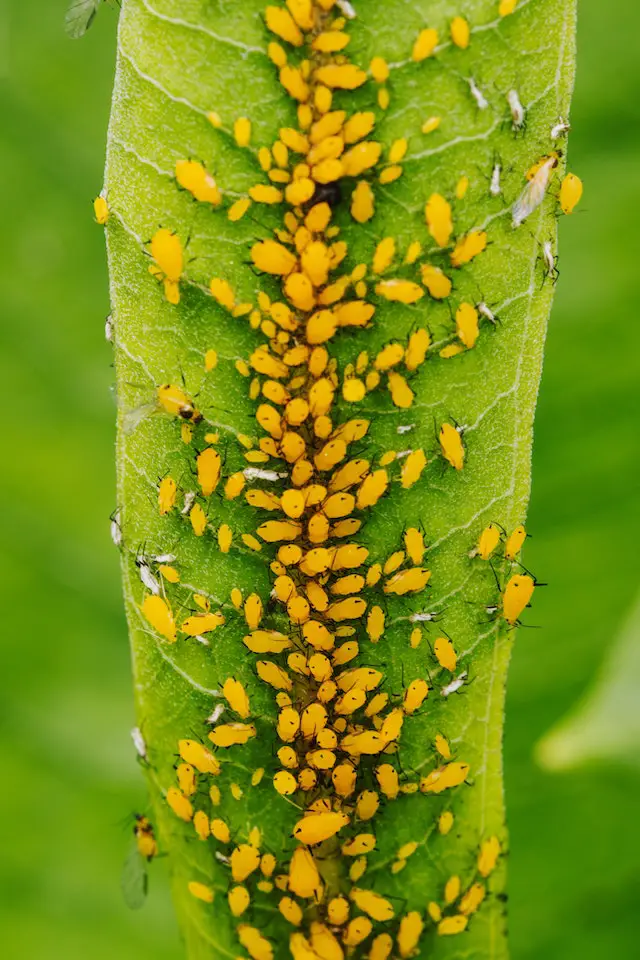
Natural pesticides are a safe and effective way to control pests in your garden or home. They are made from plant-based ingredients and are less harmful to the environment and your health than synthetic pesticides. There are a variety of natural pesticides available, each with its own strengths and weaknesses. When choosing a natural pesticide, it is important to consider the type of pest you are trying to control, the plants you are protecting, and the application method you prefer.
Using natural pesticides in your garden can help protect your plants from pests without harming the environment or beneficial insects.
Here are some of the best natural pesticide solutions you should highly consider:
- Neem Oil: Neem oil is derived from the neem tree and is effective against a wide range of garden pests, including aphids, spider mites, and caterpillars. It works as an insect repellent, growth regulator, and antifeedant.
- Diatomaceous Earth: Diatomaceous earth is a powdery substance made from fossilized diatoms. It can be sprinkled around plants to control insects with exoskeletons, like ants, fleas, and beetles. It works by damaging their outer shells.
- Garlic Spray: A homemade garlic spray can deter aphids, whiteflies, and other soft-bodied insects. Blend garlic cloves with water and a little dish soap, then strain and spray on your plants.
- Insecticidal Soap: Insecticidal soap is a gentle option for controlling aphids, mealybugs, and other soft-bodied pests. Look for a natural, soap-based product and follow the instructions carefully.
- Pyrethrin: Pyrethrin is derived from chrysanthemum flowers and is effective against a variety of garden insects. It paralyzes and kills pests on contact but breaks down quickly in the environment.
- Beneficial Insects: Encourage natural predators like ladybugs, lacewings, and parasitic wasps to inhabit your garden. They feed on pests and help maintain a healthy balance.
- Essential Oils: Some essential oils like peppermint, rosemary, and eucalyptus can be mixed with water and used as a spray to deter insects. Be cautious when using essential oils, as they can harm beneficial insects if misapplied.
- Nematodes: Beneficial nematodes are microscopic organisms that can help control soil-dwelling pests like grubs and root-knot nematodes. They are safe for plants and non-target organisms.
- Companion Planting: Some plants, when grown alongside others, can deter pests. For example, marigolds can deter aphids, and basil can deter flies and mosquitoes.
- Organic Horticultural Oils: Horticultural oils, such as horticultural mineral oil, can smother and suffocate pests like scale insects and spider mites. They are safe for many plants when used according to instructions.
- Homemade Chili Pepper Spray: Mixing water, chili peppers, and garlic can create a potent spray to deter various pests. Be cautious when using this spray, as it can irritate the skin and eyes.
Honorable mention
- Floating Row Covers: Physical barriers like floating row covers can protect plants from insect pests while allowing sunlight and rain to reach them.
Always identify the specific pest causing problems in your garden before choosing a natural pesticide, as different pests may require different solutions. Additionally, follow the application instructions and safety precautions for each pesticide to protect both your plants and the environment.

